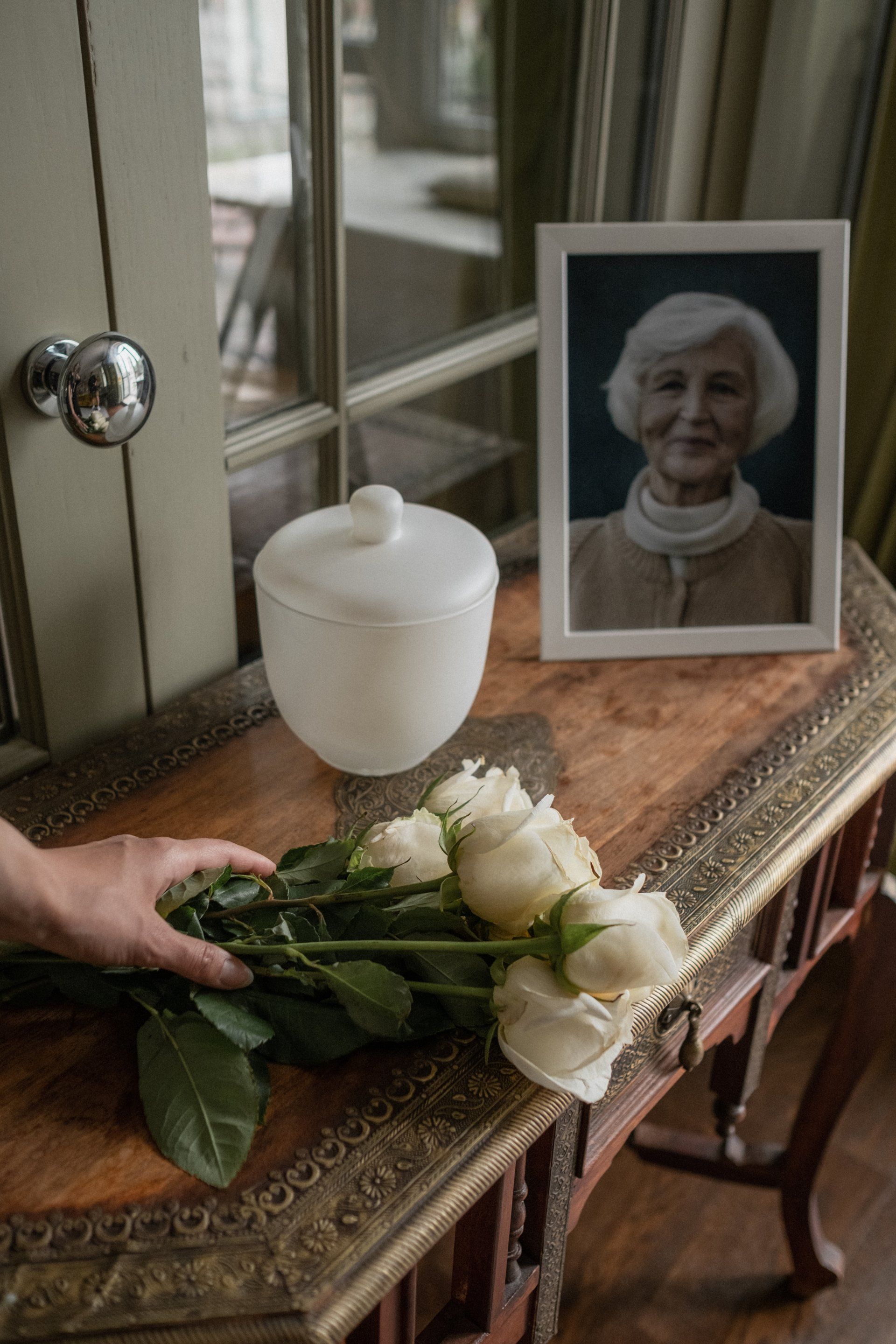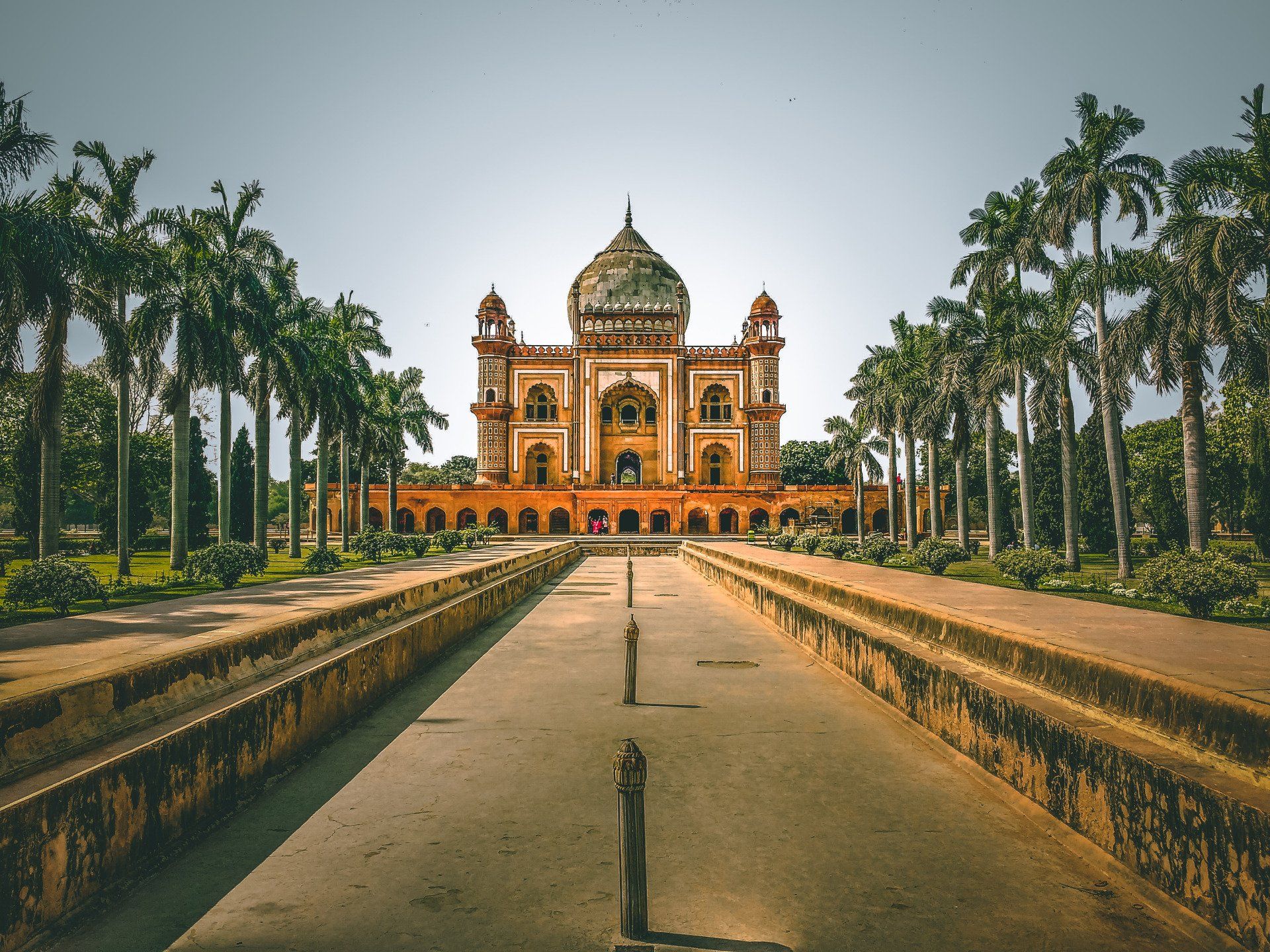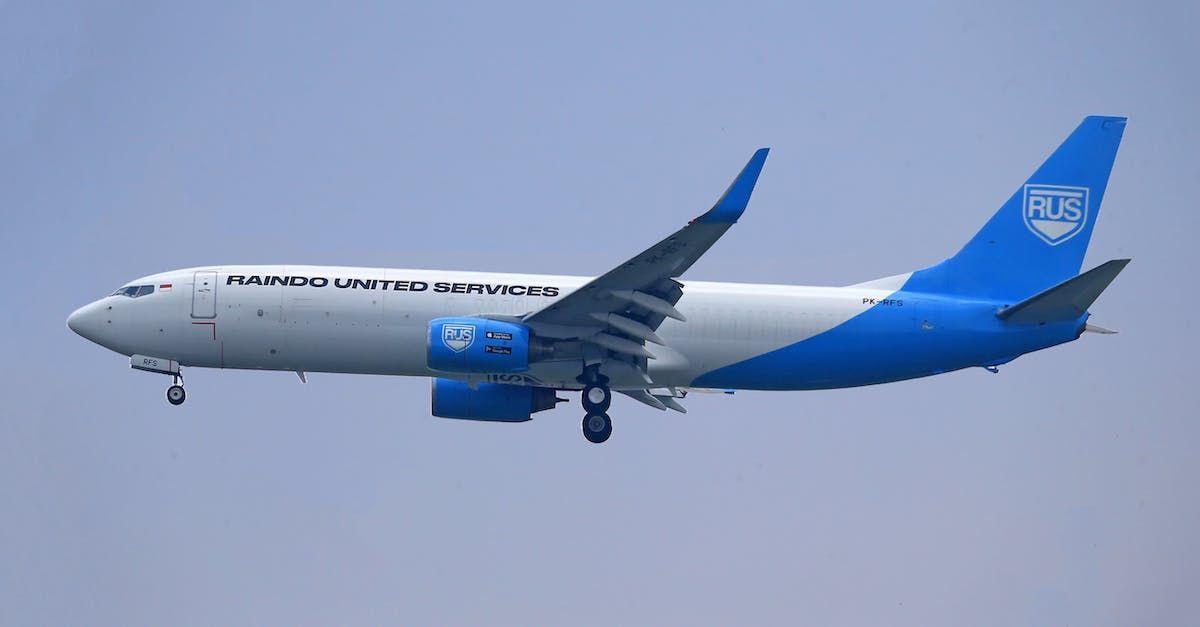Honoring Cultural and Religious Customs During Repatriation

The death of a loved one is a difficult time for any family, and when that loved one dies while away from home, it can add even more stress to an already emotional situation. Repatriation , or the process of returning a person’s body to their home country for burial or cremation, is a common practice in the UK. However, it’s important to remember that each culture and religion has its own customs and traditions when it comes to death and mourning. As a repatriation company, it’s our duty to honour those customs and make sure the family’s wishes are respected.
One of the most important things to keep in mind when dealing with repatriation is that different cultures have different beliefs about death and dying. For example, in some cultures, it’s traditional for the body to be buried as soon as possible after death, while in others, there may be a period of mourning and preparation that can last for several days. It’s important for us to be sensitive to these beliefs and to work closely with the family to ensure that their wishes are respected.
Another important consideration when it comes to repatriation is religious customs. In the UK, the most common religions are Christianity, Islam, and Hinduism, each of which has its own customs when it comes to death and mourning. For example, in Christianity, it’s traditional for the body to be buried in a cemetery, while in Islam, the body is typically buried in a simple grave without a headstone. Hinduism has a complex set of rituals that are followed after death, including the washing of the body, the tying of the mouth, and the placing of rice and coins in the mouth.
As a repatriation company, it’s our responsibility to be familiar with the customs and traditions of different religions so that we can help families navigate the process of repatriation. This might include arranging for a specific type of casket or urn, working with religious leaders to perform certain rituals, or providing guidance on how to transport the body in accordance with religious beliefs.
In addition to cultural and religious customs, it’s important to consider the practical aspects of repatriation. This might include obtaining the necessary paperwork and permits, arranging for transportation of the body, and working with the authorities to ensure that all legal requirements are met. As a repatriation company, we have experience in navigating these requirements and can provide families with guidance and support throughout the process. All paperwork is provided in our plans and we make the process as accessible and as easy to understand as possible.
At the end of the day, repatriation is about honouring the wishes of the family and ensuring that their loved one is treated with respect and dignity. This means being sensitive to cultural and religious customs, while also taking care of the practical aspects of the process. As a repatriation company, it’s our mission to provide families with the support they need during this difficult time, so that they can focus on saying goodbye to their loved one in their own way.
In conclusion, honouring cultural and religious customs is an important aspect of repatriation. Each culture and religion has its own beliefs and traditions when it comes to death and mourning, and it’s our responsibility as a repatriation company to be sensitive to these customs and ensure that they are respected. By working closely with families and providing guidance and support throughout the process, we can help them navigate the difficult journey of saying goodbye to their loved one and honouring their memory.
The post Honoring Cultural and Religious Customs During Repatriation appeared first on Global Funeral Repatriation.




Global Funeral Repatriation provides a national and international repatriation service throughout the UK and globally.
All Rights Reserved | Global Funeral Repatriation | National Repatriation
Limited – Company Number in England & Wales 12329567 | Privacy Policy
Website Designed by Up2Speed Marketing Ltd


